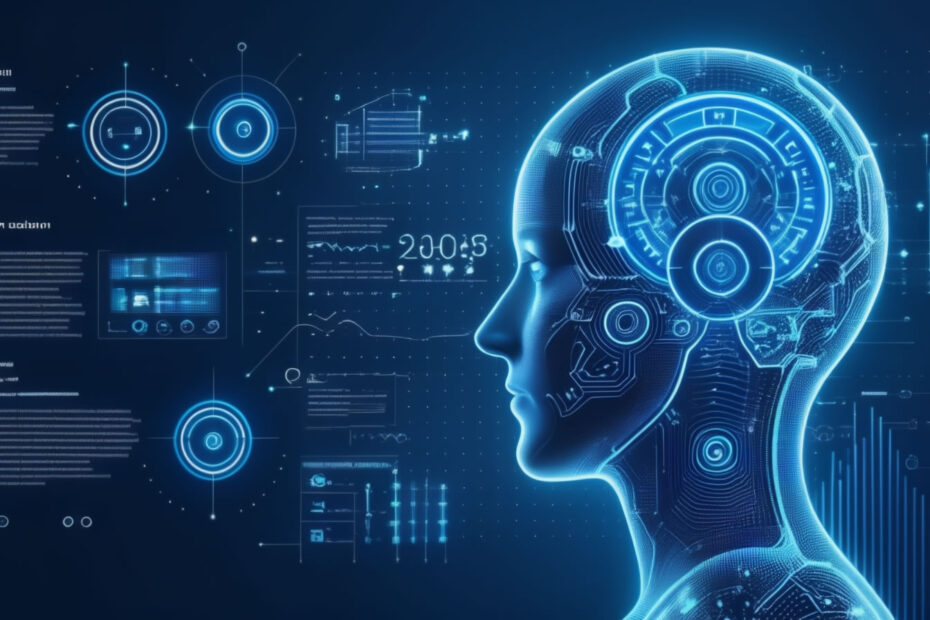As we move further into the 21st century, artificial intelligence (AI) continues to evolve at an unprecedented pace, transforming industries, reshaping societal norms, and even altering the way we perceive our world. In this article, we delve into the latest trends in AI technology, highlighting innovations that are setting the stage for the future.
1. AI-Enhanced Natural Language Processing (NLP)
One of the most exciting advancements is in natural language processing. AI systems are now better than ever at understanding context, sarcasm, and nuanced human emotions, thanks to breakthroughs in machine learning algorithms and computational linguistics. This progress is not just about improving interactions with AI assistants but also about enhancing how machines interpret legal documents, literature, and social media communications.
2. Generative AI
Generative AI has taken the creative world by storm. From generating realistic images and videos to composing music and writing stories, these AI systems utilize advanced neural networks to produce content that is often indistinguishable from that created by humans. The implications are vast, spanning from entertainment to advertising, and even education.
3. AI in Biotechnology
In the field of biotechnology, AI is playing a pivotal role in speeding up drug discovery and genetic research. By analyzing vast datasets far beyond the capability of human researchers, AI is helping to identify potential treatments for complex diseases in a fraction of the time traditionally required. This technology is not only making research faster but also more cost-effective and precise.
4. AI Ethics and Governance
As AI technologies become more integrated into everyday life, the focus on ethics has intensified. There is a growing trend towards developing guidelines and frameworks to ensure AI systems are used responsibly. This includes ensuring AI fairness, transparency, and accountability, particularly in critical areas such as surveillance, facial recognition, and decision-making processes.
5. Edge AI
Edge AI refers to algorithms that process data locally, on a device, rather than in a centralized cloud-based system. This trend is growing due to its ability to provide real-time processing without the latency associated with data transmission to and from the cloud. Edge AI is particularly crucial for applications requiring immediate responses, such as autonomous vehicles, industrial IoT, and personal health monitors.
6. AI in Climate Change
AI is increasingly being employed to tackle environmental challenges, including climate change. AI can optimize energy usage in real-time, model complex climate predictions, and even monitor deforestation and wildlife populations from satellite images. The ability of AI to handle large-scale environmental data is proving invaluable in crafting more effective responses to one of the most pressing issues of our time.
The rapid evolution of AI technology promises not only to enhance our capabilities but also to confront us with new ethical dilemmas and challenges. As we embrace these cutting-edge technologies, it is crucial to remain vigilant about the implications of AI, ensuring that it serves humanity positively and responsibly. In this dynamic landscape, staying informed about the latest trends in AI is more important than ever.
